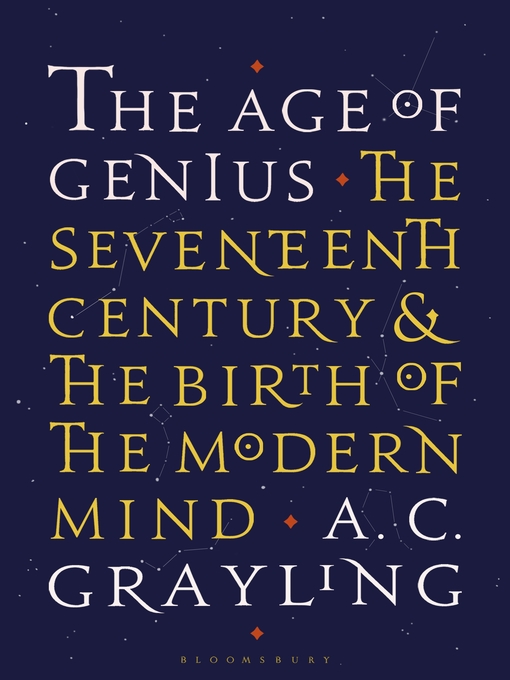- Coming Soon
- Most Popular
- Just added
- Romance Reads
- Books for the Travel Enthusiast
- Gripping Thriller Reads
- Remarkable Lives
- Otherwordly Reads
- Lifestyle
- See all ebooks collections
- New audiobook additions
- Most popular
- New kids additions
- New teen additions
- Try something different
- Business Audiobooks
- Instant Reads
- Halloween Horror for teens
- See all audiobooks collections

